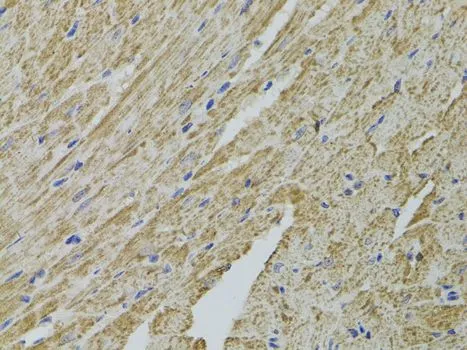
IHC-P analysis of mouse heart tissue using GTX54037 FHIT antibody. Dilution : 1:100
FHIT antibody
GTX54037
ApplicationsWestern Blot, ImmunoHistoChemistry, ImmunoHistoChemistry Paraffin
Product group Antibodies
ReactivityHuman, Mouse, Rat
TargetFHIT
Overview
- SupplierGeneTex
- Product NameFHIT antibody
- Delivery Days Customer7
- Application Supplier NoteWB: 1:500 - 1:2000. IHC-P: 1:50 - 1:200. *Optimal dilutions/concentrations should be determined by the researcher.Not tested in other applications.
- ApplicationsWestern Blot, ImmunoHistoChemistry, ImmunoHistoChemistry Paraffin
- CertificationResearch Use Only
- ClonalityPolyclonal
- ConjugateUnconjugated
- Gene ID2272
- Target nameFHIT
- Target descriptionfragile histidine triad diadenosine triphosphatase
- Target synonymsAP3Aase, FRA3B, bis(5'-adenosyl)-triphosphatase, AP3A hydrolase, adenosine 5'-monophosphoramidase FHIT, adenylylsulfatase, adenylylsulfate-ammonia adenylyltransferase, diadenosine 5',5'''-P1,P3-triphosphate hydrolase, dinucleosidetriphosphatase
- HostRabbit
- IsotypeIgG
- Protein IDP49789
- Protein NameBis(5'-adenosyl)-triphosphatase
- Scientific DescriptionThe protein encoded by this gene is a P1-P3-bis(5-adenosyl) triphosphate hydrolase involved in purine metabolism. This gene encompasses the common fragile site FRA3B on chromosome 3, where carcinogen-induced damage can lead to translocations and aberrant transcripts. In fact, aberrant transcripts from this gene have been found in about half of all esophageal, stomach, and colon carcinomas. The encoded protein is also a tumor suppressor, as loss of its activity results in replication stress and DNA damage. [provided by RefSeq, Aug 2017]
- ReactivityHuman, Mouse, Rat
- Storage Instruction-20°C or -80°C,2°C to 8°C
- UNSPSC41116161

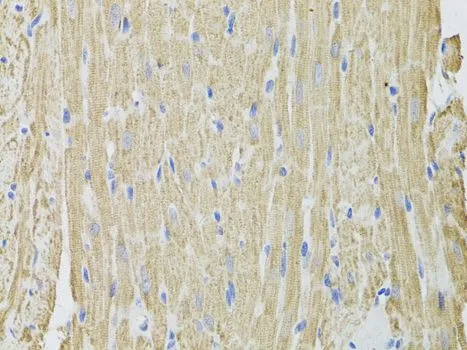
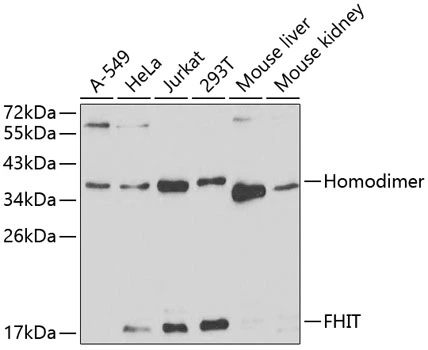

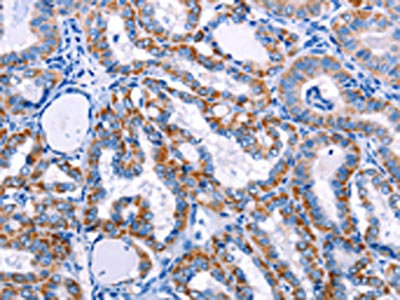

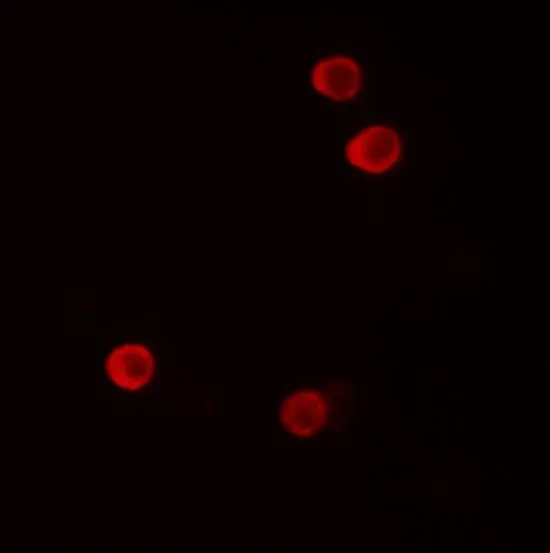
![Various whole cell extracts (30 μg) were separated by 15% SDS-PAGE, and the membrane was blotted with FHIT antibody [GT1240] (GTX02837) diluted at 1:1000. The HRP-conjugated anti-rabbit IgG antibody (GTX213110-01) was used to detect the primary antibody.](https://www.genetex.com/upload/website/prouct_img/normal/GTX02837/GTX02837_4000001401_20210122_WB_w_23053123_527.webp)
